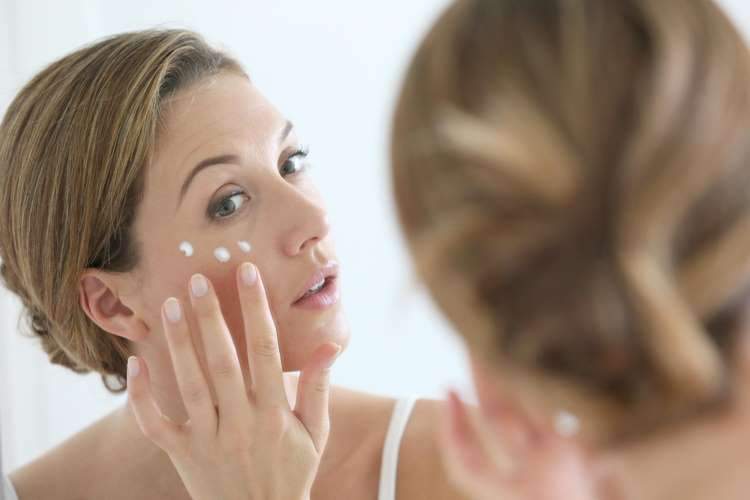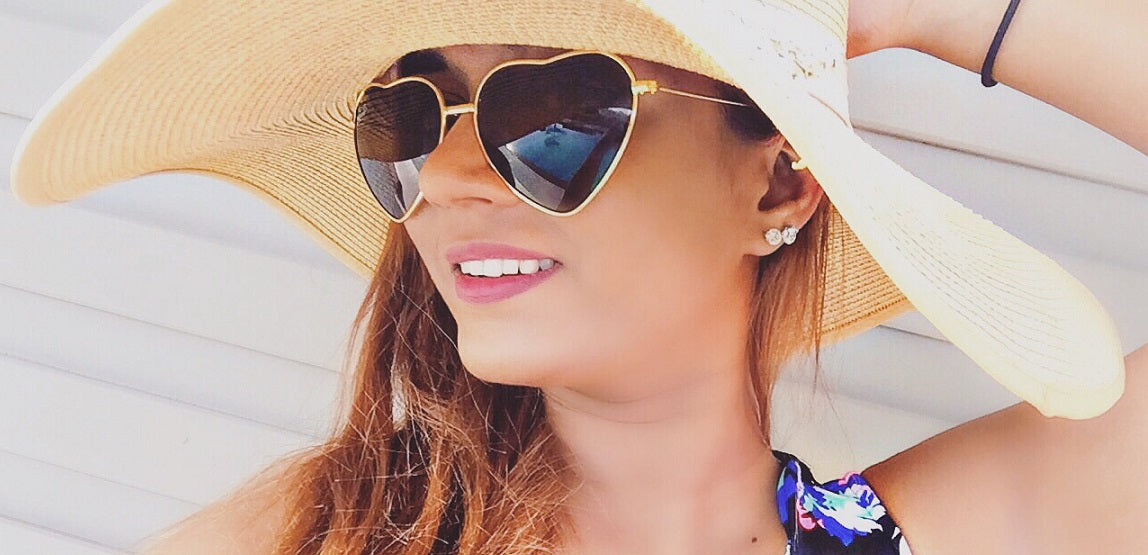
Is alcohol making you look old? The signs of ‘wine face’ you need to know
A couple of wines may help you to unwind after a stressful day, but they might also be helping you to age prematurely.
After a long day of problem-solving and getting stuff done, sometimes we think a wine is well-deserved. It’s our reward for surviving - the job, the kids, the roads and the to-do list as long as your arm. But if you knew your glass-of-wine-a-day (or two) habit is giving you wrinkles and causing skin problems, would you stop drinking? Studies say that alcohol might be giving you ‘wine face’. And, there’s more to wine face than a red nose and overly prominent blood vessels in your cheeks. There are five main ways that alcohol damages your skin.
Alcohol dries your skin out
Because alcohol is a diuretic, it can dehydrate your skin. This causes dullness and a lack of plumpness, which is what’s keeping wrinkles at bay. Your body needs a lot of water to operate optimally and if you’re dehydrated, the organs take priority over collagen production. We all start to produce less collagen as we age anyway, making this a double whammy. Less hydration due to alcohol plus decreased collagen production due to age equals wrinkle formation.
Alcohol causes a bad night’s sleep
We all know that going late to bed leads to under-eye bags and requires many cups of coffee the next day. But alcohol makes a good night’s sleep almost impossible, even if you’re getting your eight hours of shut eye. Alcohol can suppress melatonin production, which disrupts your sleeping patterns and may stop you from getting good quality sleep. Also, during sleep your body uses collagen to repair UV damage and rebuild skin. Bad sleep means less collagen and less skin repair.
Alcohol often is full of sugar
Not only is alcohol full of calories (a pint of 4% beer or a couple of double gin and tonics is about the same amount of calories as a hamburger) but the sugar I alcoholic drinks directly affects your skin.
Sugar molecules go through a process called glycation. This is when they attach to elastin and collagen proteins and produce advanced glycosylation end-products (AGEs). These AGEs cause wrinkles and a pallid appearance. Adding extra sugar to your diet causes more AGEs and this is bad news for your skin.
Vitamin deficiencies
The fourth cause of skin problems is that alcohol can lead to a deficiency in vitamins A, B and E. Alcohol inhibits the absorption of nutrients, meaning you could be eating all the right things but not absorbing the essentials. Vitamins A, B and E are important for the production and repair of healthy skin cells.
Alcohol can disrupt your bedtime routines
The final skin problem is less caused by alcohol and more by alcohol-induced tiredness. If you don’t wash your face properly before bedtime, especially if you are wearing makeup, your skin will become more prone to spots and blemishes. Tiredness can also lead you to skip important steps in your skincare routine, like toning and moisturising.
Skin disorders impacted by alcohol
On top of the problems outlined above, there are two common skin complaints that are linked to alcohol - rosacea and psoriasis.
Rosacea is a disorder where the facial skin is permanently red and sensitive with visible blood vessels, papules and pustules. Over time, if left untreated, skin may thicken and start to look leathery, which exaggerates the appearance of wrinkles. While not every case of rosacea is caused by alcohol, some people may find their trigger is alcohol and that stopping drinking can alleviate symptoms.
Psoriasis is an autoimmune disease that causes an overproduction of skin cells. There’s a range of triggers and factors involved in this, but research shows a correlation between alcohol consumption and psoriasis. While psoriasis is thought to be genetic in origin, alcohol can trigger the start of the problem or increase the symptoms. Alcohol increases the production of cytokines, which are inflammatory, and this causes the excessive anti-inflammatory response.
While there’s no definitive study that says alcohol causes psoriasis, a study of over 80,000 women showed that drinking more than two to three beers a week resulted in an increased risk of developing psoriasis. Studies have also found that alcohol drinkers tend to develop psoriasis on the backs of the hands and fingers.
How can you avoid alcohol-induced skin problems?
In a perfect world, you would stop drinking alcohol altogether, however this can be challenging for many people. Instead, start considering alcohol as a treat rather than a daily must-have. And, if you don’t do it already, aim to drink a glass of water after each alcoholic beverage to minimise the dehydration impact on your skin.
If you’re really serious about ironing out those wrinkles, consider not consuming it at all. Not only will your skin thank you, but it’ll be goodbye to foggy brain syndrome and hangovers too



Leave a comment
This site is protected by hCaptcha and the hCaptcha Privacy Policy and Terms of Service apply.